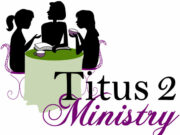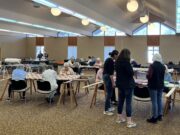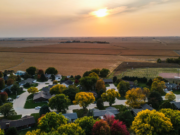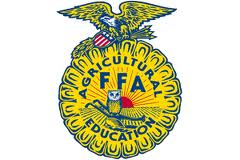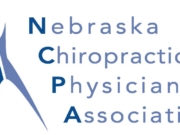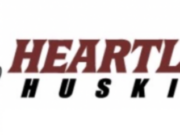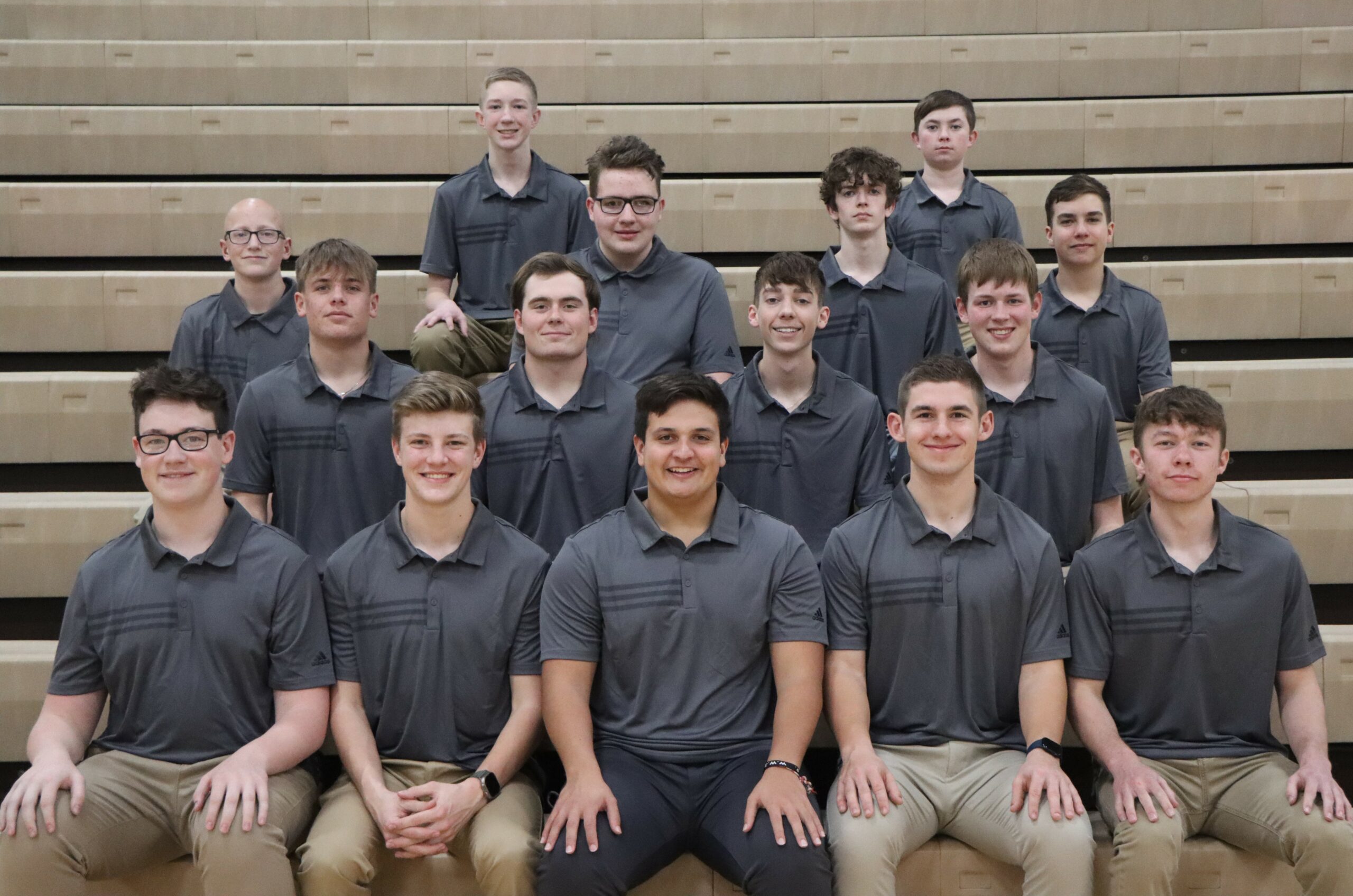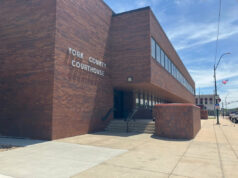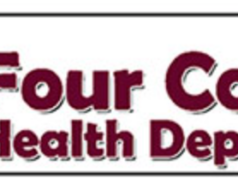Jenny’s REESources – November 20, 2016
UPCOMING EVENTS: Â
Nov. 28: Market Journal Road Show, 1-4 p.m., Holiday Inn 110 Second Avenue Kearney, http://marketjournal.unl.edu/roadshow
Nov. 29: Solar Energy in Ag Workshop, 7-9 p.m., West Central Research and Extension Center, North Platte. Preregister at 308-532-2683.
Dec. 1: Â Solar Energy in Ag Workshop, 1-3 p.m., 4-H Building, York, RSVP to 402-362-5508 orjrees2@unl.edu
Dec. 1:Â Market Journal Road Show, 1-4 p.m., Lifelong Learning Center 701 E. Benjamin Avenue Norfolk, http://marketjournal.unl.edu/roadshow
Dec. 1:Â York County Corn Grower Banquet, 6:30 p.m., Chances R Beer Garden, York
Dec. 2:Â Market Journal Road Show, 9 a.m.-Noon, Nebraska Innovation Campus Conference Center 2021 Transformation Drive Lincoln, http://marketjournal.unl.edu/roadshow
Dec. 5:Â Cover Crop and No-Till Conference featuring Gabe Brown, 9:30 a.m.-3:00 p.m., Trotter Event Center, Ord, RSVP 308-346-3393
Dec. 5:Â Field to Market Workshop, 4-H Building, York, 3-6 p.m. Please RSVP to 402-362-5508 orjrees2@unl.edu
Dec. 6: Â Grain Marketing Workshop, 9:30 a.m.-3 p.m., Webster County Fairgrounds on the west side of Crescent Street between Helen and Mariel streets, RSVP http://go.unl.edu/marketingworkshops or 308-345-3390.
Dec. 8:Â Solar Energy in Ag Workshop, 1-3 p.m., Norfolk, NE at the Lifelong Learning Center Preregister at 402-370-4040.
Dec. 14:Â UBBNRD CropTip, 9:30 a.m.-2:30 p.m., Holthus Convention Center, York
Dec. 14: Â Farmers/Ranchers College:Â Dr. David Kohl, 1-4 p.m., Bruning Opera House, Bruning, RSVPÂ (402) 759-3712
Jan. 6:Â Crop Production Clinic, Holthus Convention Center in York, http://agronomy.unl.edu/cpc
Jan. 9:Â Estate Planning Workshop, York County Club, RSVP jrees2@unl.edu or 402-362-5508
Jan. 10-11:Â Precision Ag Data Management Workshop, Lincoln, http://agronomy.unl.edu/precisionag
Jan. 11:Â Crop Production Clinic, Adams County Fairgrounds in Hastings, http://agronomy.unl.edu/cpc
Jan. 12-13:Â Precision Ag Data Management Workshop, 4-H Building York, http://agronomy.unl.edu/precisionag
Jan. 19-20:Â NEW 2-day Crop Production Clinic, Younes Convention Center in Kearney,http://agronomy.unl.edu/cpc
Jan. 31: Â Farmers/Ranchers Cow-Calf College, 10 a.m.-3:30 p.m., USMARC near Clay Center, RSVPÂ (402) 759-3712
Feb. 20:Â Nebraska On-Farm Research Update, ARDC near Mead, http://cropwatch.unl.edu/farmresearch
Feb. 22:Â Farmers/Ranchers College:Â Managing for Difficult Times, 9:30 a.m.-3:00 p.m., Fairgrounds in Geneva, RSVPÂ (402) 759-3712
Feb. 23-24:Â Women in Agriculture Conference, Holiday Inn Kearney, http://wia.unl.edu
Feb. 27:Â Nebraska On-Farm Research Update, Hall Co. Extension Office, Grand Island,http://cropwatch.unl.edu/farmresearch
Feb. 27:Â Farmers/Ranchers College:Â Tips and Tricks for Women in Ag, 6:00 p.m., Lazy Horse Winery in Ohiowa, RSVPÂ (402) 759-3712
Master Gardener Training: Tuesday evenings 6-9 p.m. from February 7-March21 at York and Clay County Extension Offices. Please RSVP to jrees2@unl.edu or 402-362-5508 for attending in York or Deanna Peshek at 402-762-3644 to attend in Clay.
Farm Finance Clinic Sites and Dates To sign up for a clinic or to get more information, call Michelle at the Nebraska Farm Hotline at 1-800-464-0258.
Thanksgiving: Thanksgiving is one of my favorite holidays as we have much for which to be thankful every day! May you enjoy a blessed day with family and friends! Nebraska Extension food experts have compiled a great deal of information to answer your turkey, stuffing, leftover, and numerous other questions including resources in Spanish at the following link: http://bit.ly/1Hrxd0a! A couple of key items: When thawing a turkey in the refrigerator at 40F or below, allow 24 hours for every 4-5 pounds of turkey. It should be placed in a tray or pan to catch juices and kept in the original wrapper. A thawed turkey can remain in the refrigerator safely for 1-2 days and if necessary, can be refrozen. Turkey meat will be safely cooked when the internal temperature reaches 165° F; however, the meat may still be slightly pink. Some people prefer cooking turkey to a higher temperature (whole turkey to 180°F in the innermost part of the thigh; turkey breasts to 170° F in the thickest part) for meat that is more well done. Have a question on Thanksgiving? A toll-free USDA Meat and Poultry Hotline will be staffed with food safety specialists on Thanksgiving Day from 7 a.m. to 1 p.m. CST at 1-888-674-6854 or email mphotline.fsis@usda.gov.
Solar Power Workshop: I’ve shared this in the past but wanted to remind you of a solar energy in agriculture workshop that will be held on December 1 from 1-3 p.m. at the 4-H Building in York. The seminar is free, open to the public, and will focus on photovoltaic (PV) solar systems for farms, ranches, and rural businesses. John Hay, Extension Educator in Bioenergy will discuss grid tied solar PV, economics, basic design considerations and feasibility. Participants will learn how to use basic online tools to model your own locations and learn about economic considerations such as payback, grants, tax credits, and depreciation. Please call the 402-362-5508 or email jrees2@unl.edu to register.
Field to Market Program: Field Assessment to Improve Efficiency: I’ve hosted these workshops the past few years in Clay Center and am offering it in York at the Extension Office on December 6th from 3-6 p.m. this year. Anyone who attended in the past is welcome to attend again. This workshop is for farmers interested in field sustainability and continuous improvement. Using the Field to Market Fieldprint calculator, attendees will enter their management and production information which will be used to compare fields with national, state, and local averages for the metrics of yield, erosion, irrigation efficiency, energy use, and greenhouse gas emissions. Data and production information is all kept confidential. There’s increased interest in providing metrics on the sustainability of food production with some buyers asking their producers to provide these metrics. This workshop will give you the opportunity to learn how to use this tool and assess how your metrics compare to other farmers in this part of the State. There is no charge for this workshop thanks to sponsorship by the Nebraska Corn Board and Nebraska Extension. Participants will be provided a worksheet to fill out prior to attending the workshop. Please call 402-362-5508 or email jrees2@unl.edu to register or for more information.
Ag Leases: We had a good turnout for the Ag lease and flexible lease workshops in York last week. I felt the information was presented quite rapidly and wanted to share the key points. Ultimately, communication is key between landlords and tenants to understand expectations and develop and maintain relationships built on trust. Trust is key and is built on honesty. Written leases are important and much can be written into the lease. I’ve had landlords say they wished they could require knowing the yields of the field or even they wished the plum thickets weren’t sprayed along the fence row so they could make jam like they used to. Those things are examples of items that can be written into the lease and it’s also important to communicate these wishes to the tenants.Â
With low commodity prices and high cost of production, tenants desire lower cash rents and landlords have also correctly stated that their taxes haven’t decreased. A key point is there is a lag between market values and taxation values. For the landlord, “What are your goals for the land?â€Â This is actually the first conversation you should have with the tenant. “Do you want to keep the tenant you’ve had all these years or do you want the highest rent? What are the additional things that tenant does for you?â€Â I’ve asked several tenants the following in conversations thus far, “Are you willing to walk away from the land if the price is too high to cover cash costs?â€Â It’s very important for tenants to know your cost of production for 1 bushel of corn or soybeans. UNL has sample budgets that can be modified as a starting point at: http://cropwatch.unl.edu/budgets (the 2017 budgets will be released in December). It’s also important for tenants to sell your skills to the landowner about what you bring to the farm.Â
In the written lease, it’s important the landlord is protected by setting fertility minimums and that the tenant is protected if making a multiple year investment such as lime. Hunting rights and grazing rights typically belong to the tenant unless there is a provision written in the lease. Sample written leases may be obtained at http://aglease101.org.
In general, the UNL survey showed the following State-wide averages: dryland cropland values decreased 2%, gravity irrigated cropland values decreased 6%, and pivot irrigated cropland values decreased 5%. UNL surveys landlords, real estate agents, and farm managers. USDA surveys farmers and landowners and produces a survey on a county by county basis. Because this column goes to several counties in number of regions, I won’t share the specific cash rent numbers from the survey here but will place them at http://jenreesources.com.Â
Another option is crop share which is actually the fairest as both the landlord and tenant accept risk. Determining cash rent based on the value or productivity of the land makes a lot of sense to me as does options for flexible cash leases and I will cover more about these options next week.
Youth Beekeeping Opportunity: Nebraska Beekeeping Association Youth Program annually awards grants to students interested in beekeeping. Students must be ages 12-17 and the grant provides students with equipment, bees, and mentors to assist them. Applications are due December 1 and can be found at
http://www.nebraskabeekeepers.org/wp-content/uploads/2015/09/nba_youth_grant_v2015.pdf. For more information please visit:Â http://www.nebraskabeekeepers.org/youth-program/.





